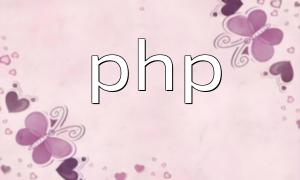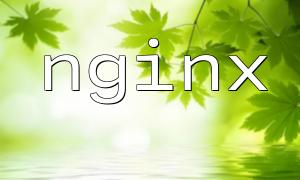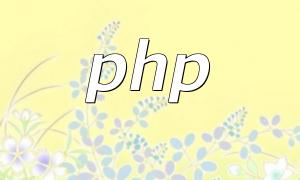In today's rapidly evolving internet era, GitPage has become a vital tool for developers to build and deploy websites. For PHP developers, GitPage not only improves development efficiency but also simplifies deployment processes, greatly optimizing website performance. This article explores practical techniques for applying GitPage in PHP to help developers fully leverage its benefits.
GitPage is a Git-based static site generator that allows developers to manage website content through version control. It is especially suitable for PHP projects by converting dynamically generated content into static pages for fast and secure publishing and sharing. By pushing PHP-generated pages to a Git repository, GitPage automatically builds and deploys the complete website.
Before deploying PHP projects, ensure the development environment is properly configured. Here are the basic steps:
// Initialize Git repositoryshell_exec('git init');// Add PHP filesshell_exec('git add .');// Commit changesshell_exec('git commit -m "Initial commit"');// Push to remote repositoryshell_exec('git push origin main');
?>These commands allow developers to quickly set up a Git repository and commit code, enabling seamless integration of PHP projects with GitPage and facilitating subsequent updates and maintenance.
GitPage pre-generates static pages from dynamic content, significantly speeding up page load times and improving user experience. Performance optimization directly affects user retention and conversion rates, especially for high-traffic websites.
With GitPage, developers only need to push updated code to the Git repository, and the system automatically completes the deployment, greatly reducing update complexity and allowing developers to focus on coding.
The following example demonstrates how to build a basic blog page using PHP and deploy it via GitPage:
// Example code: Display blog posts$posts = [ ['title' => 'Learning GitPage', 'content' => 'GitPage is an excellent tool.'], ['title' => 'PHP Practice', 'content' => 'Mastering PHP is fundamental for modern web development']];foreach ($posts as $post) { echo '<h3>' . $post['title'] . '</h3>'; echo '<p>' . $post['content'] . '</p>';}
?>After each update, simply push the code to the Git repository, and GitPage will automatically handle the deployment process, greatly improving development efficiency.
Overall, the application of GitPage in PHP development provides powerful support for website management and deployment. By combining Git version control with static page generation, developers can efficiently manage projects and enhance website performance. Mastering GitPage will help PHP developers maintain a competitive edge in project development and publishing.
We hope this article provides useful insights and guidance for using GitPage within PHP environments.









